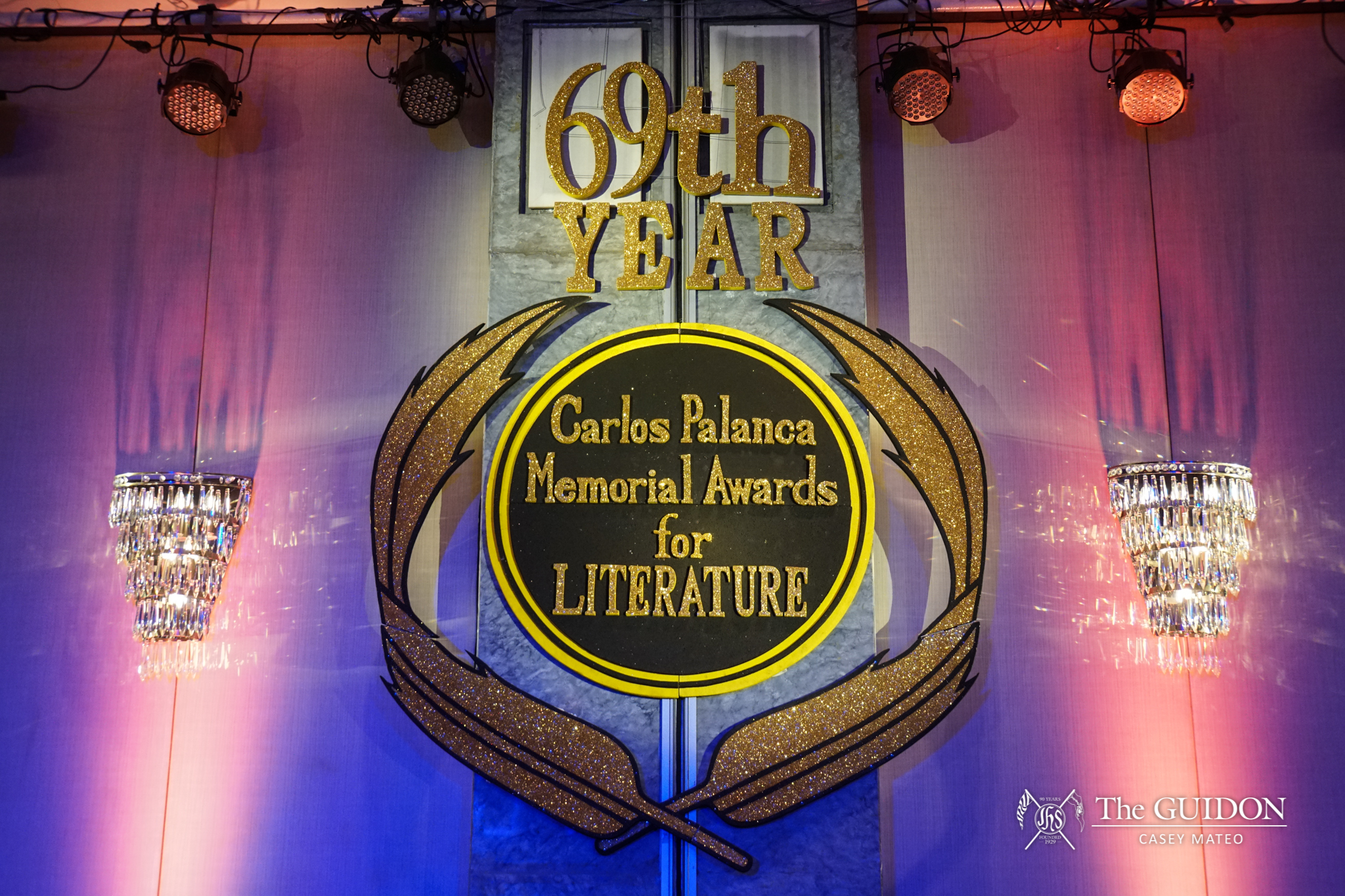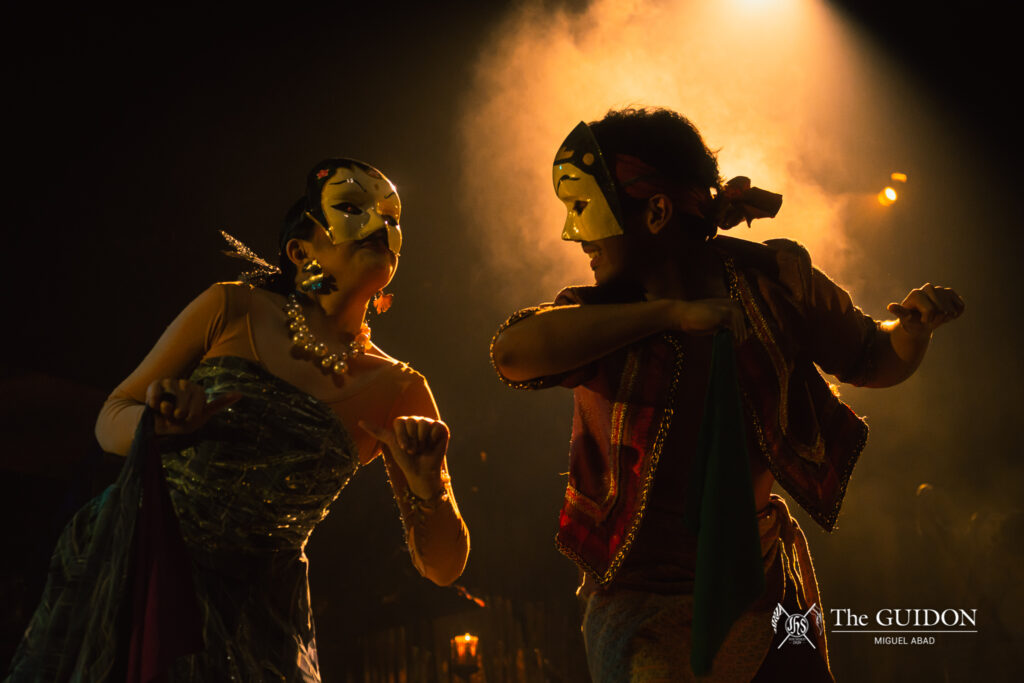Celebrating 69 years of literary excellence, the Don Carlos Palanca Memorial Awards for Literature welcomes another batch of Filipino authors into its prestigious ranks. With a total of 56 winners this year, 32 of which are first-time awardees, the Palanca Awards continues to honor the brilliance of Filipino literature across various styles and genres.
Established in 1950 to commemorate businessman and philanthropist Don Carlos Palanca, Sr., the Palanca Awards first started with only two categories: Short Story and Maikling Kuwento. Fast forward 68 years and over 20 categories later, these awards recognize standout writers, much of which have become trailblazers in the Philippine literary scene.
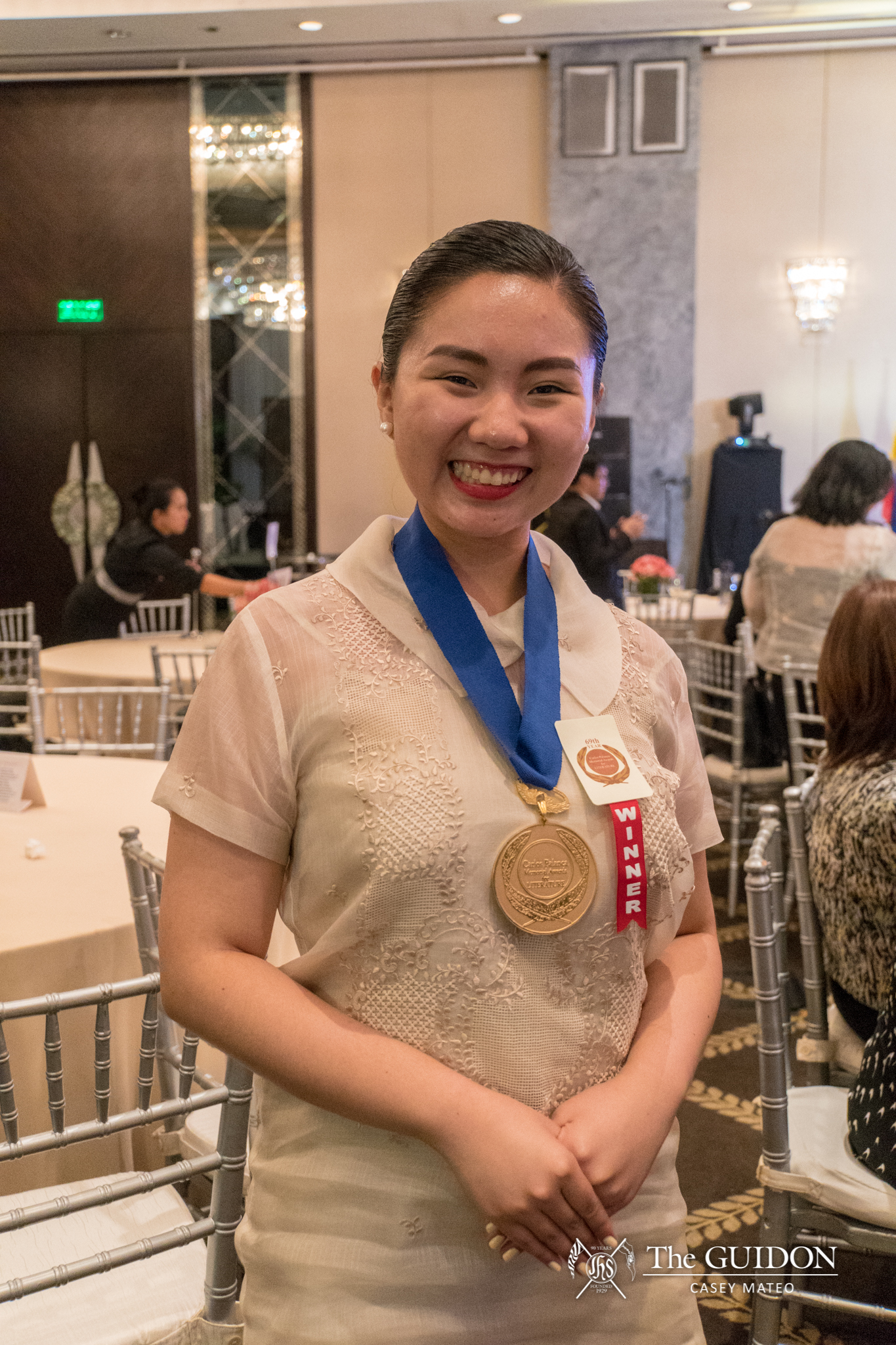
Currently the Manila reporter for The Washington Post, Regine Cabato (AB COM ‘16) tells the stories of a journalist’s experiences in her winning piece, Notes from the Field. Covering a variety of topics from conflict to the nuances of language in journalism and in poetry, her suite of ten poems draws from her own experiences as a writer.
Cabato mentions American writer Carolyn Forche’s essay Poetry of Witness as the push she needed to choose reportage poetry as her theme. Forche’s work talks of the role of the poet “as a witness to real life events,” which Cabato says is similar to the work of a journalist.
When asked about the message she wants to impart with her work, Cabato says she’d like to tell readers that there is value in talking about more personal issues in literature. To her, literature does not always have to be “socially relevant.” She points out that her winning piece, which was her own way of processing her gripping experiences as a journalist on the field, as an example.
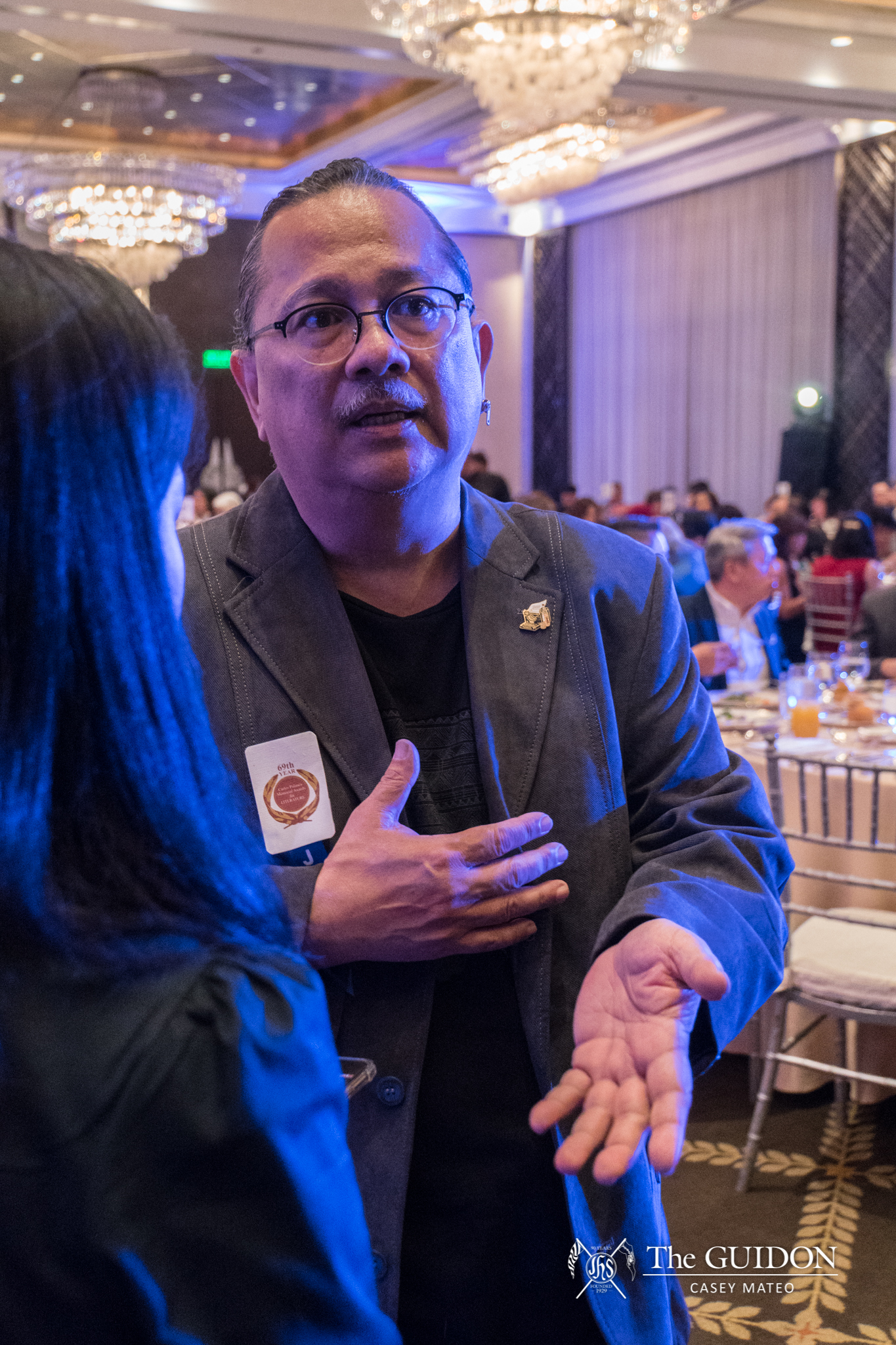
As the Tagapangulo ng Tula para sa mga Bata category and multiple Palanca winner, Ramón Sunico emphasizes the need to move away from the didactic tradition in children’s literature, especially since a large number of entries this year focused on imparting morals and lessons to its readers. “Children need the same respect as adults do when it comes to reading, [so] we want work that moves them [and] gives them pleasure,” he remarks.
According to Sunico, the judges for this particular category unanimously agreed that none of this year’s entries met the standards for first place. This issue, Sunico says, is largely because the majority of the entries were written by teachers, who have grown used to the authoritarian tradition of the Philippine education system.
Despite this, Sunico maintains that past and present Palanca award winners are all “advocates of teaching people to think.” In this particular year though, he hopes the winning works [across all Palanca categories] teach a respect for language, considering its rapid development in the age of social media.
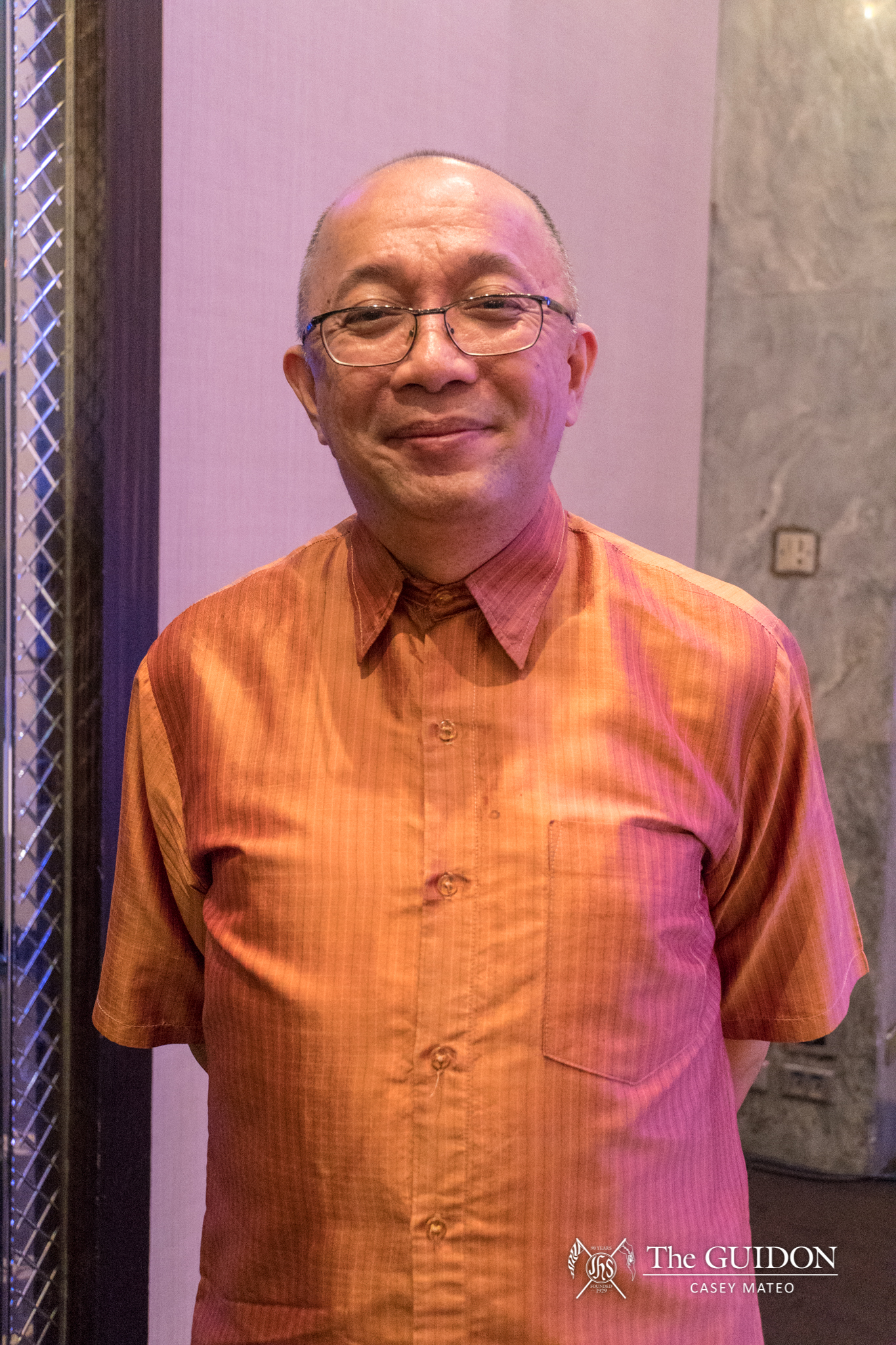
Former Associate Chair of the English Department, Danilo M. Reyes, or Sir D.M. to his students, was one of this year’s judges for the Novel category. Seeing novels as extended narratives, he mentions that this year’s judges looked for pieces that were gripping and difficult to put down.
Reyes also points to the need for submitted pieces to be substantial–to make a stand about society or the nation. He refers to Reine Arcache Melvin’s The Betrayed, the 2019 Novel category winner, as the entry that ticked all the judges’ boxes, outshining 40 other contenders who vied for the prize.
“The writer is not afraid to be a distinct voice, not just to make a statement, but to say something which others might not have the time to utter [or] the courage to bring forward. There is bravery in the act of writing.”
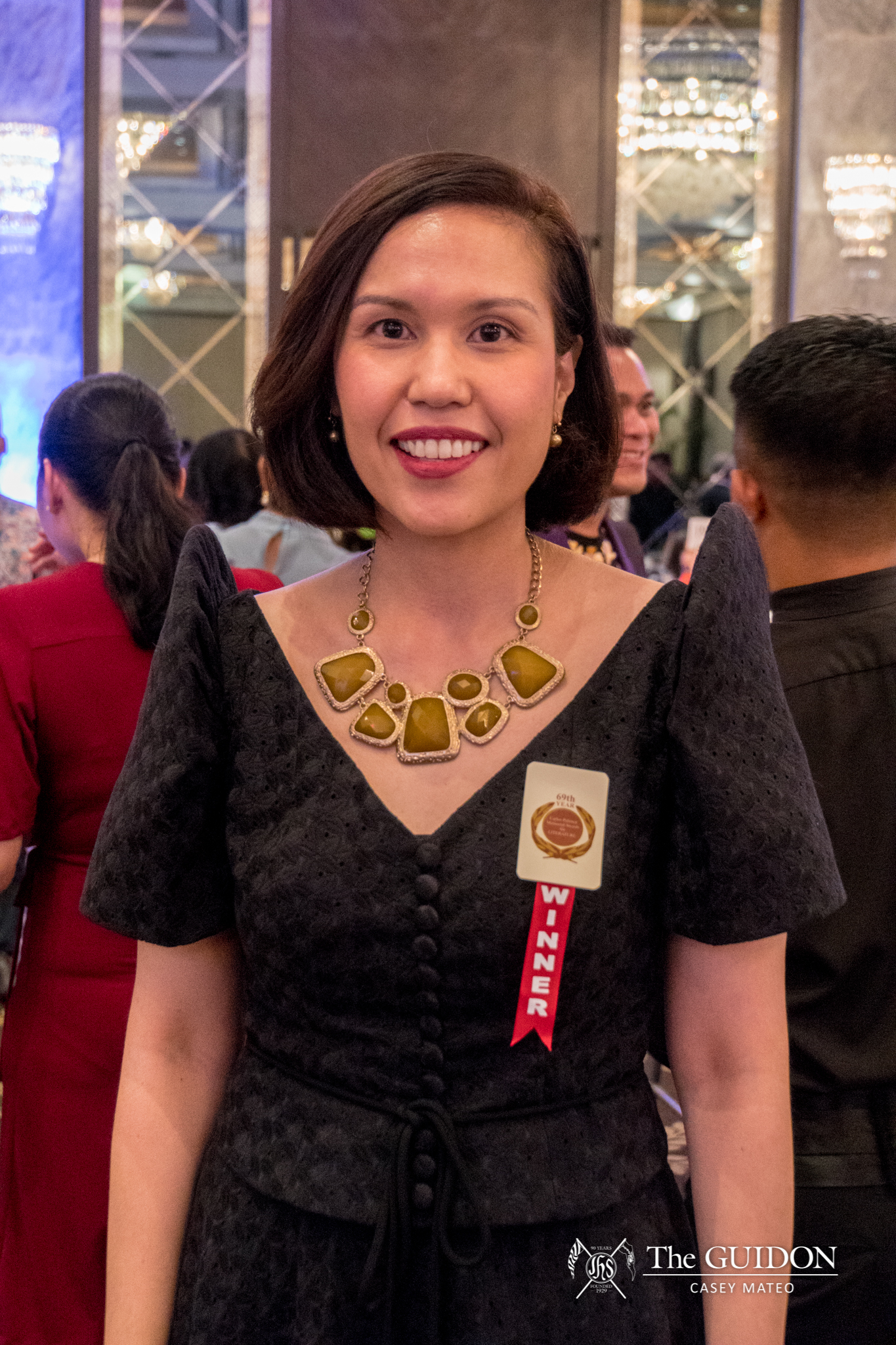
This year’s third-place winner for Maikling Kuwentong Pambata, Jacqueline Franquelli is also a part-time professor in the English Department as well as a screenwriter. Her winning work, Anak ng Tinapay, is a short story about a young girl whose father is a baker.
Franquelli features different types of bread in her work to illustrate the richness of Philippine culture. She notes how she started by writing short verses about the different types of bread, inspired by her own experience growing up with these breads to tie them all together.
Through her short story, Franquelli says she hopes to bring readers a sense of nostalgia and love for Philippine culture. “[Through my work] I want children to value their parents’ work, hard work, and Filipino culture,” she shares.
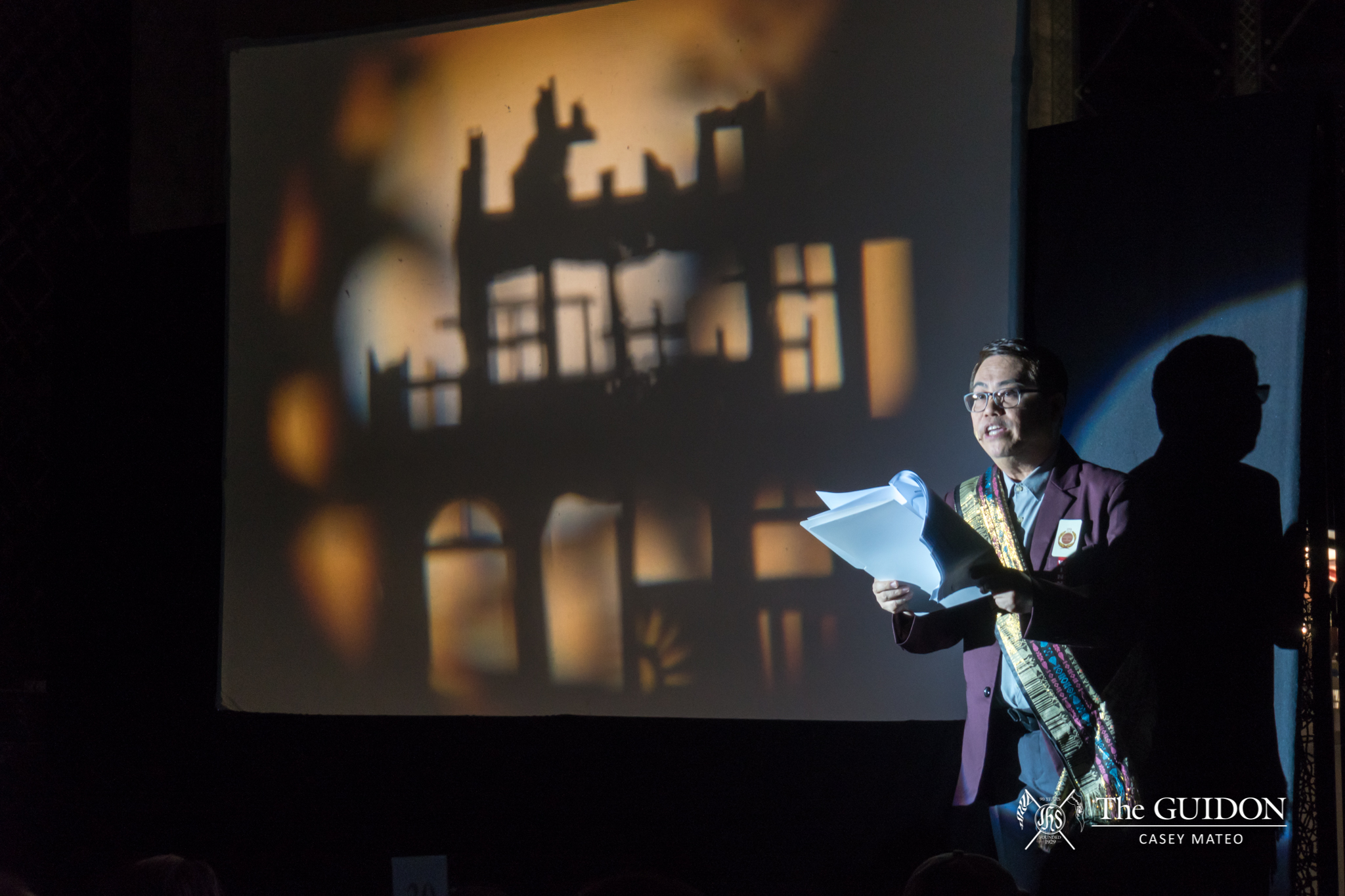
The dawn of the internet and the rise of social media has changed the world’s literary landscape. With indisputable changes afoot, many authors find it difficult to keep up with the changing tastes of their readers. Despite this, the Palanca Awards remain a distinguished fixture that many Filipino authors, both amateurs and veterans, aspire to attain.


